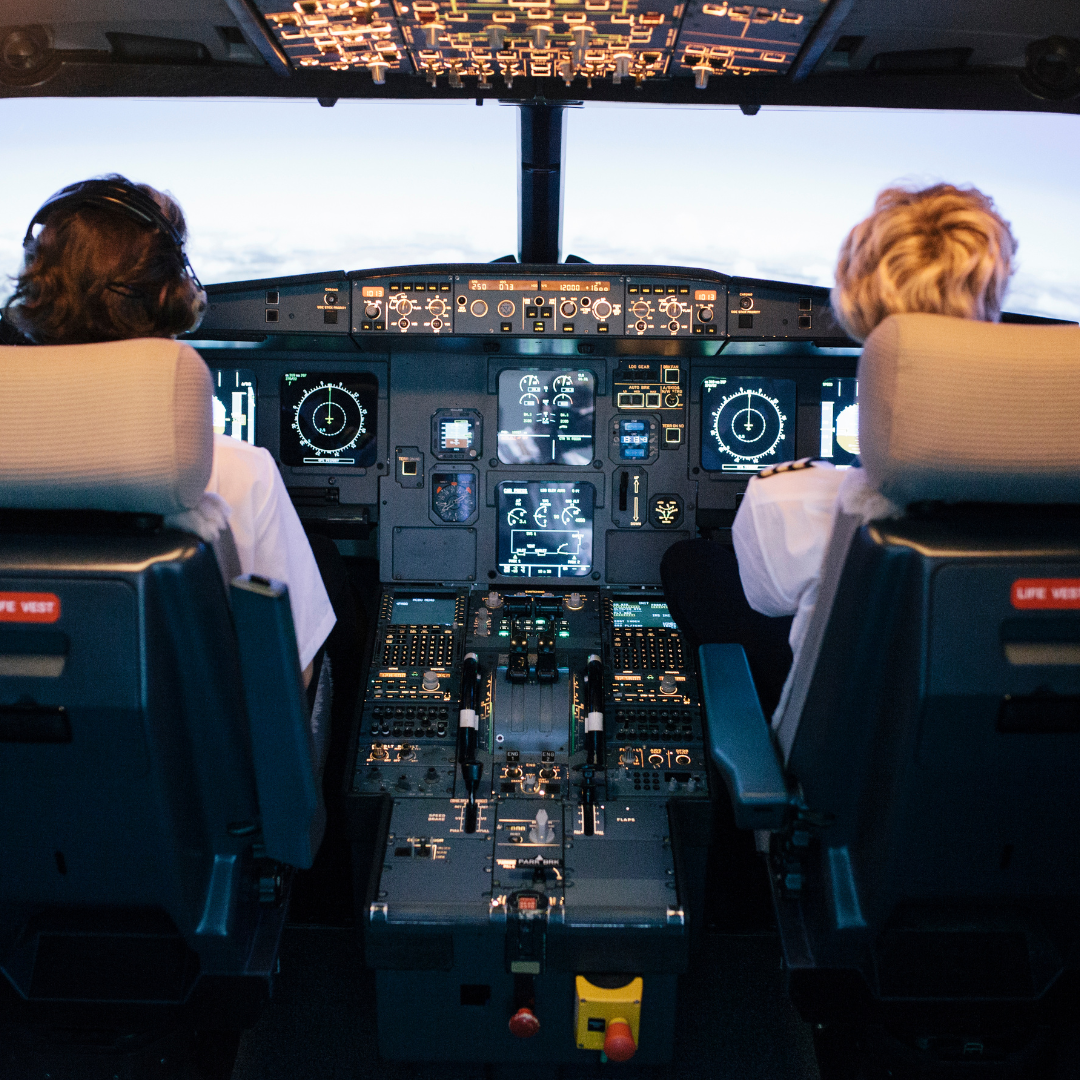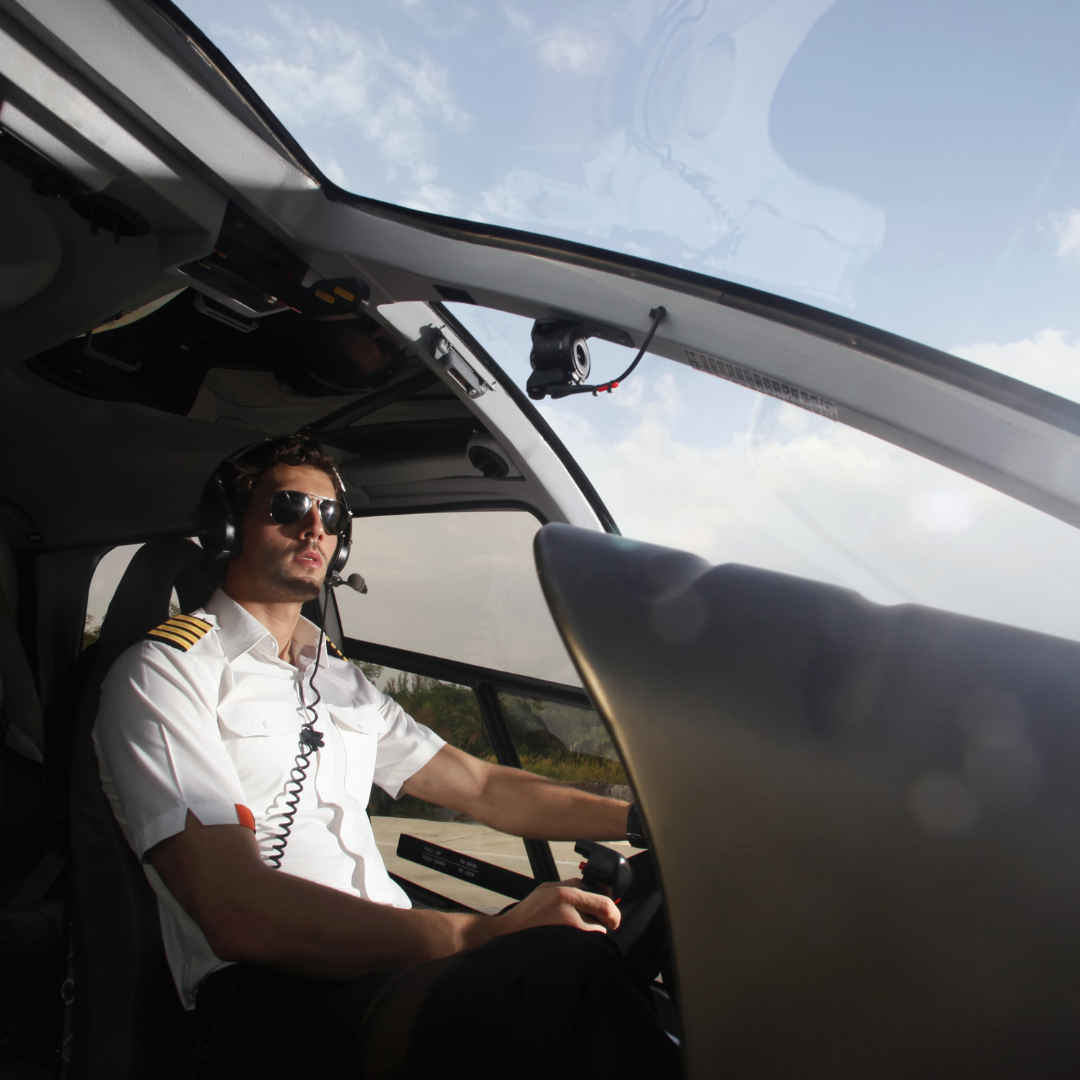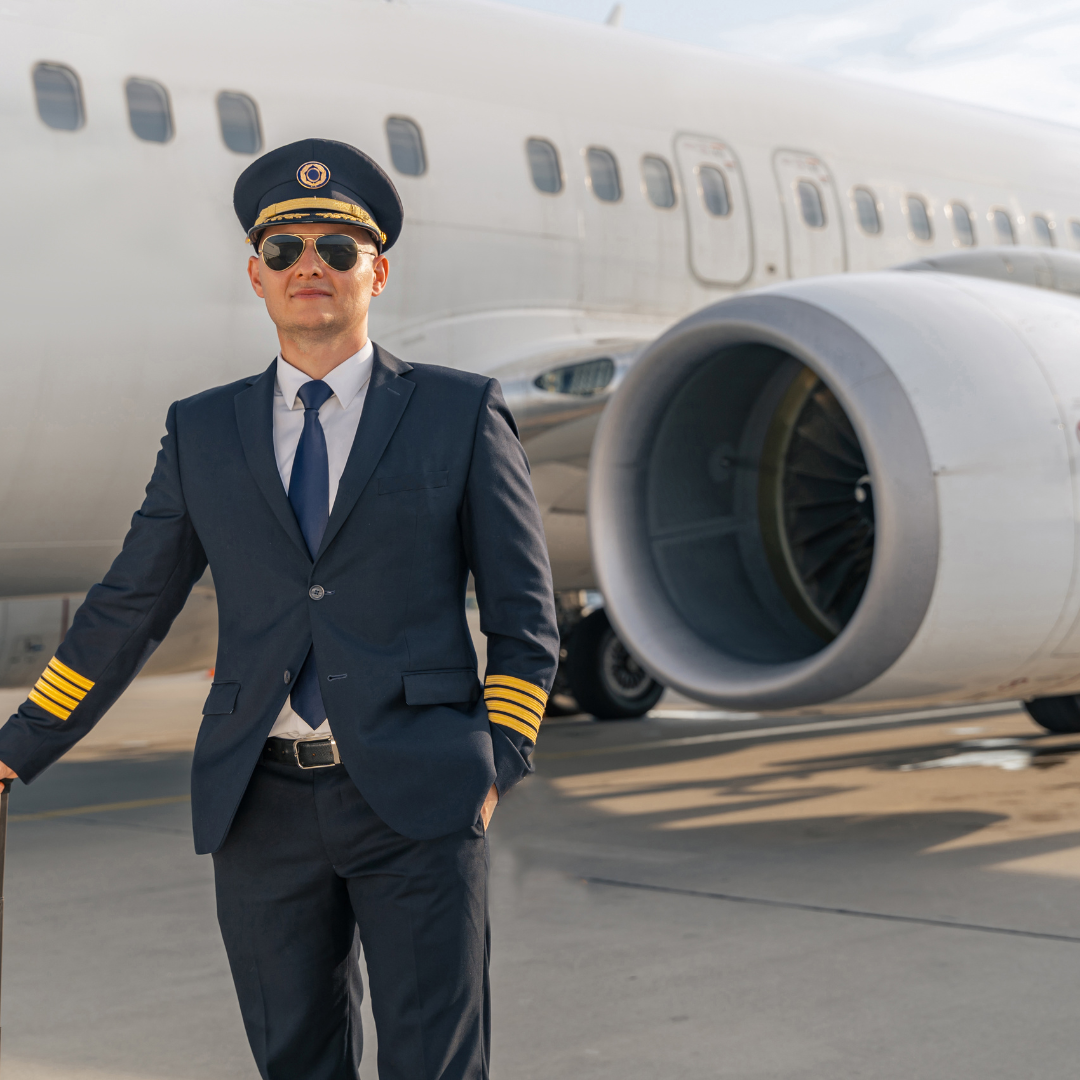Steps To Become A Pilot

How to Become a Pilot in India
If you’ve always thought how to become a pilot, this guide is for you. The world of aviation is full of excitement and fascination, but becoming a commercial pilot requires dedication and effort. Although flying a plane may seem challenging, the process of learning to do so is an exciting adventure.
Becoming a pilot involves rigorous training, ground school, and exams, all requiring full commitment to obtain a pilot’s license. Each stage of the journey requires varying levels of effort, time, and financial investment. Here is a step-by-step guide to becoming a commercial pilot.
Requirements to Enroll for CPL Training
- Proficiency in English: Applicants should be able to understand, read, speak, and write English to pursue the CPL course.
- Minimum Age for CPL Issuance: Applicants must be at least 18 years old at the time of applying for the CPL.
- Educational Qualification: Applicants must have passed 10+2 with Mathematics and Physics or hold an equivalent diploma. If the applicant has a background in commerce, arts, etc., they must appear for Physics and Mathematics separately from a recognized board such as NIOS.
- Medical Fitness: Applicants must possess a valid medical certificate from the appropriate authority. The medical process is in two steps, involving Class-2 and Class-1 medical assessments.

Medical Fitness Requirements
Class-2 Medical
- Class-2 Medical Assessment: This is conducted by DGCA-approved doctors across India. After the assessment, the applicant receives a CA-35 form as a fitness certificate, and reports are sent to DGCA for issuance of Class-2 medical assessment.
- Application Process:
1) – Create an account on the eGCA portal and apply for DGCA Class-2 Medical.
2) – Select “APPLY FOR MEDICAL CLASS 2” and fix an appointment.
3) – The tests include blood, urine, BMI, ECG, blood pressure, chest X-ray, eye test, and hearing test, costing around 3500 INR.
4) – Upload the test documents on the eGCA portal and visit a DGCA-empaneled examiner for a checkup. After the checkup, you will receive the CA-35 form.
5) – Once your medical documents reach DGCA, you will receive the Class-2 Medical Assessment via email and on the eGCA portal. The validity of Class-2 Medical Assessment is two years.
Class-1 Medical
- Class-1 Medical Initial Assessment: This can only be requested after receiving the Class-2 Assessment.
- Application Process:
1) – Fill out Annexure A and email it to medappointment.dgca@gov.in at least 1.5-2 months before the desired appointment date.
2) – The Class-1 Medical examination costs between 4000-5000 INR at IAF Centers and 10,000-15,000 INR at other centers, depending on the tests conducted.
3) – After the checkup, you will receive the CA-35 form. Once DGCA receives your documents, you will get the Class-1 Medical Assessment via email and the eGCA portal. The validity of Class-1 Medical Assessment is one year.
DGCA INDIA Computer Number & Exams
- Computer Number: A unique identification number allocated by DGCA for appearing in examinations. It can be obtained by following guidelines at www.pariksha.dgca.gov.in.
- Exams: Conducted four times a year by DGCA. The exams are primarily multiple-choice questions, and the required theory papers depend on your flight training school.
Documents Required For Computer Number


Flight Training
A pilot’s license will get you an interview, but the quality of your flight training determines your success. Minimum flight training requirements by DGCA include:
1) – 100 Hours PIC
2) – 250 Nm Cross-country Check
3) – 40 Hours IFR (20 hours may be on a simulator)
4) – 50 Hours solo cross-country
5) – 120 Nm Cross-country Check
6) – 10 Hours Multi
7) – 300 Nm Cross-country Check
8) – 10 Hours Night Take-offs and Landings
Upon successful completion of your flight training and skill check, submit the required documents and your flying logbook to DGCA-INDIA for the issuance of the CPL.
Conclusion
Becoming a pilot in India is a rigorous process that requires dedication, thorough training, and adherence to DGCA regulations. Following these steps will help you navigate the path to achieving your dream of becoming a commercial pilot.

